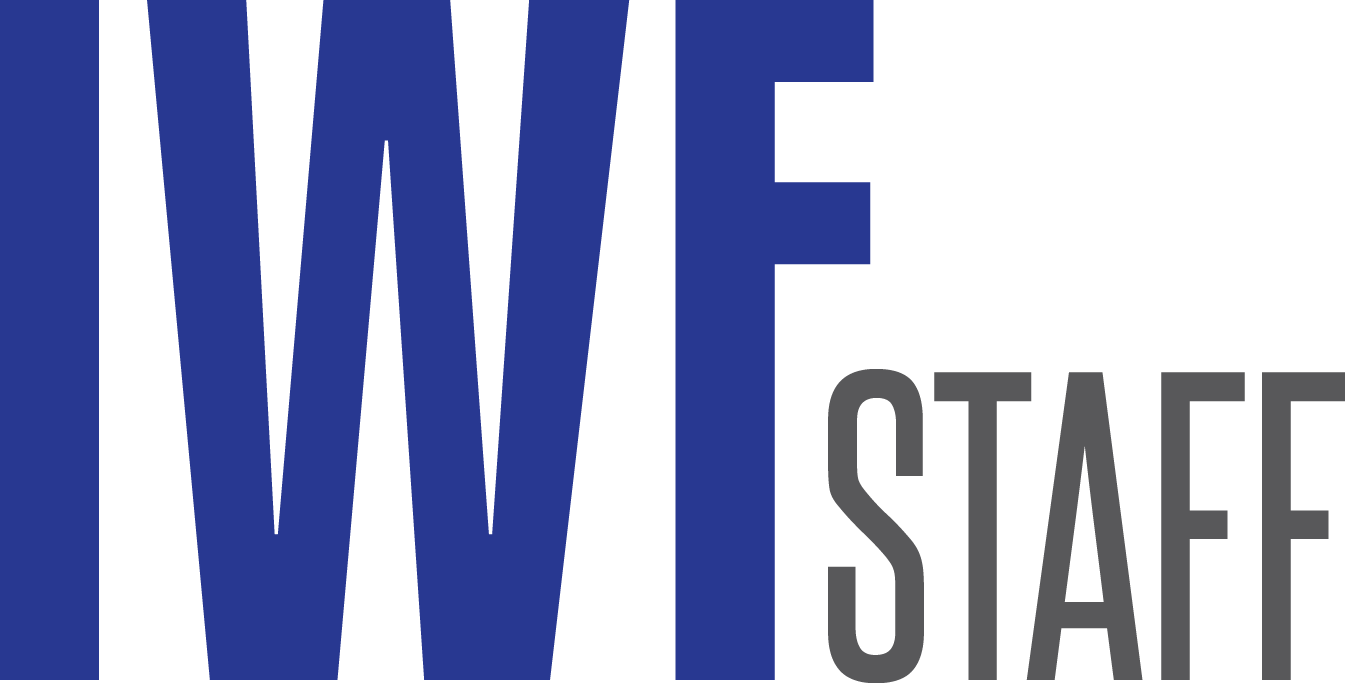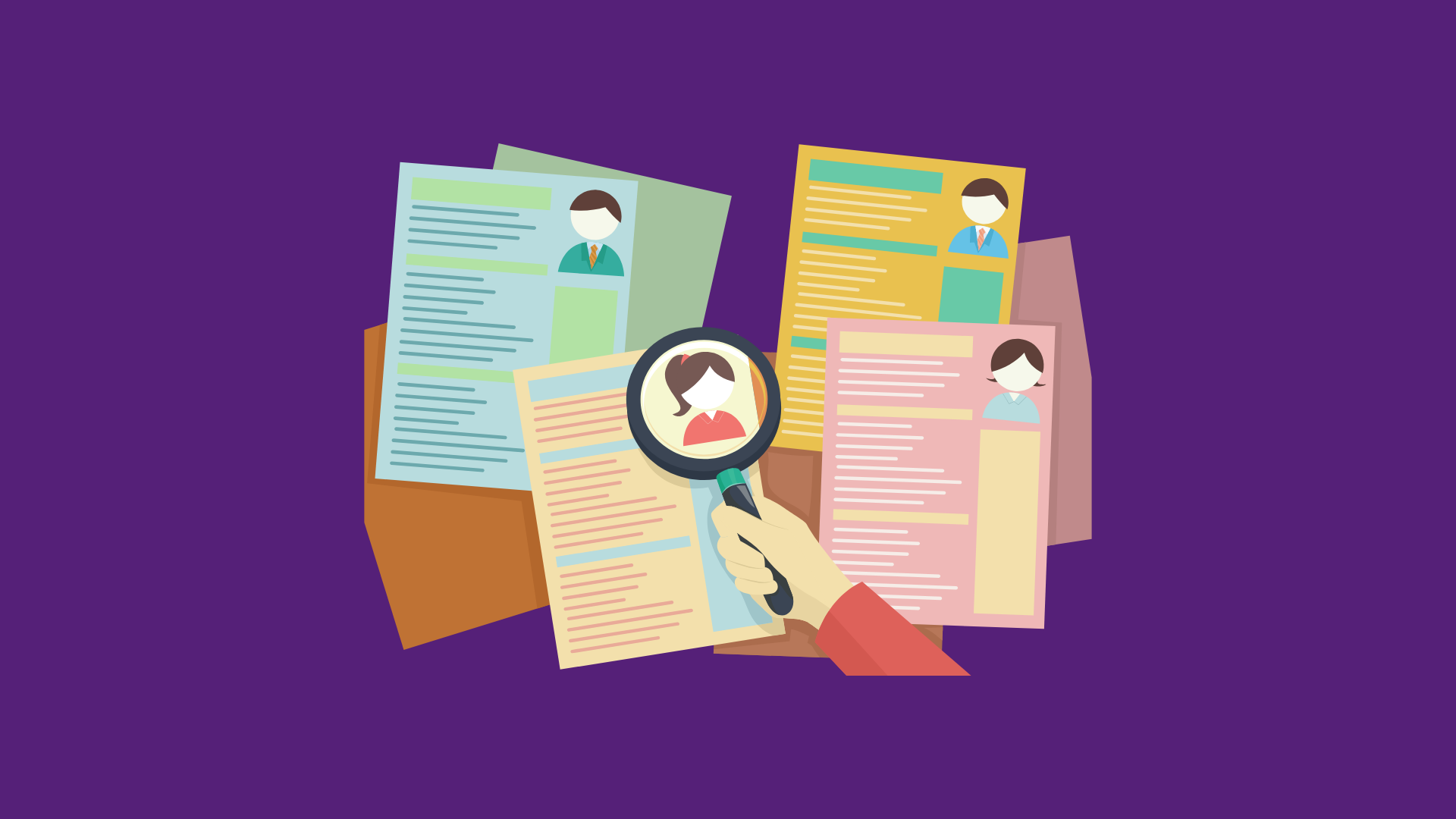A resume shows potential employers what they need to know about you to consider you for a job. It’s the first impression a potential employer has of you and helps recruiters weed out candidates not suitable for the job. To score a job interview and get a step closer to employment, you need a quality resume!
Tip One: Six things you should always include in your resume
When it comes to writing your resume, we recommend including the following content:
- A short professional summary – In 50-150 words, describe your relevant skills and experience.
- Your relevant skills and achievements – Use a bulleted list of the skills, competencies and achievements that are most relevant to the job you are applying for.
- Your relevant work experience – Start with your most recent job at the top. Include the names of your employers, your position and the value you added to each role.
- Your education and qualifications – List the qualification, year of completion and a one sentence summary.
- Up to date contact information – Include your full name, email address and phone number so employers can contact you.
- References – Your references can include a former employer, colleague, supervisor or teacher.
Tip Two: Customise your resume for every employer
It’s important to customise your resume every time you apply for a new job. Write it for the specific job you’re applying for by including keywords from and only including your skills, achievements and work experiences that relate to the job description. This shows you are enthusiastic and serious about the opportunity.
Tip Three: Prioritise the important information
Hiring managers and recruiters often have many resumes to review at one time, with some research suggesting it takes 6-10 seconds to decide whether someone is qualified enough for the job. This means you need to make a good impression by putting your most impressive accomplishments and relevant work experiences at the beginning of your resume. We also recommend putting all of your relevant skills where the reader can easily find them.
Tip Four: Include common keywords you find in job descriptions
Read over the job description carefully and pick out the keywords and phrases the employer is using to describe their ideal candidate. These keywords are likely to appear under the requirements, qualifications and roles and responsibilities section of the job listing. If they truthfully match you and your skill set, be sure to include them when describing your abilities within your resume.
Tip Five: Update and include your contact information
Make sure that the contact information you include is always up to date so you can be reached easily. Always include your email address but avoid using something that might sound unprofessional.
Tip Six: Always edit and proofread your resume
Editing and proofreading your resume before you send it off is extremely important. Ensure there are no spelling or grammatical errors and that the language is simple, professional and easy to understand. After you’ve read it over a few times, we recommend giving it to a friend to do the same.
Tip Seven: Choose a professional layout and design
The goal is to make your resume as clear and easy to read as possible. Here are some things to consider when designing your resume:
- Headings – Use bold, italic and/or underlined headings to emphasise the different sections in your resume and to highlight important information.
- Font – When choosing a font consider a professional font that is easy to read such as New Times Roman, Georgia or Arial. Use 11-12 point for normal text and 15-16 point for headings.
- Space – Your content should look clean and clear and be easy to read. Use bullet points to list information and have enough white space for readability, but avoid lots of large empty spaces.
- Pages – Try to stick to two pages at most. Recruiters don’t have much time to go through each application so it’s important to be concise.
Are you looking for some variety in your day-to-day? Do you enjoy working in different environments? Now that you have the tips you need to create a great resume, we have numerous flexible and ongoing positions available that might be ideal for you! Check them out and apply via our jobs board or get in touch with our team!





